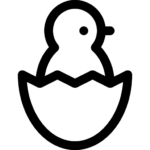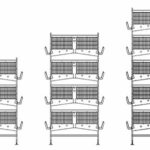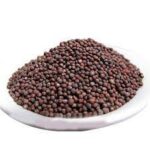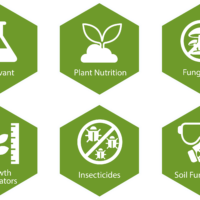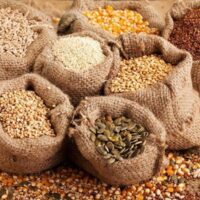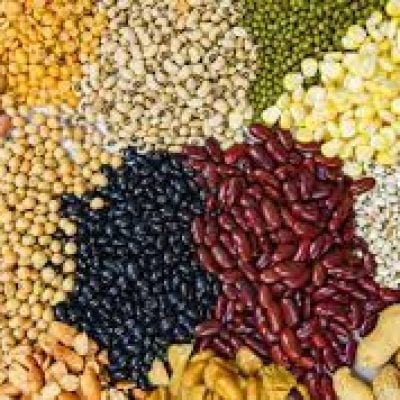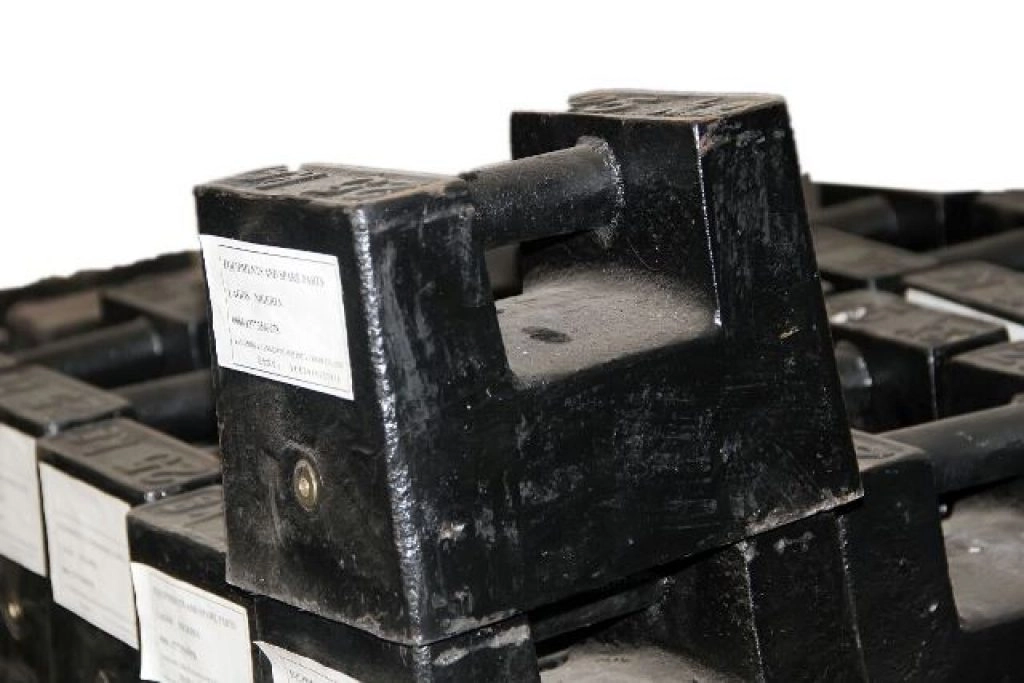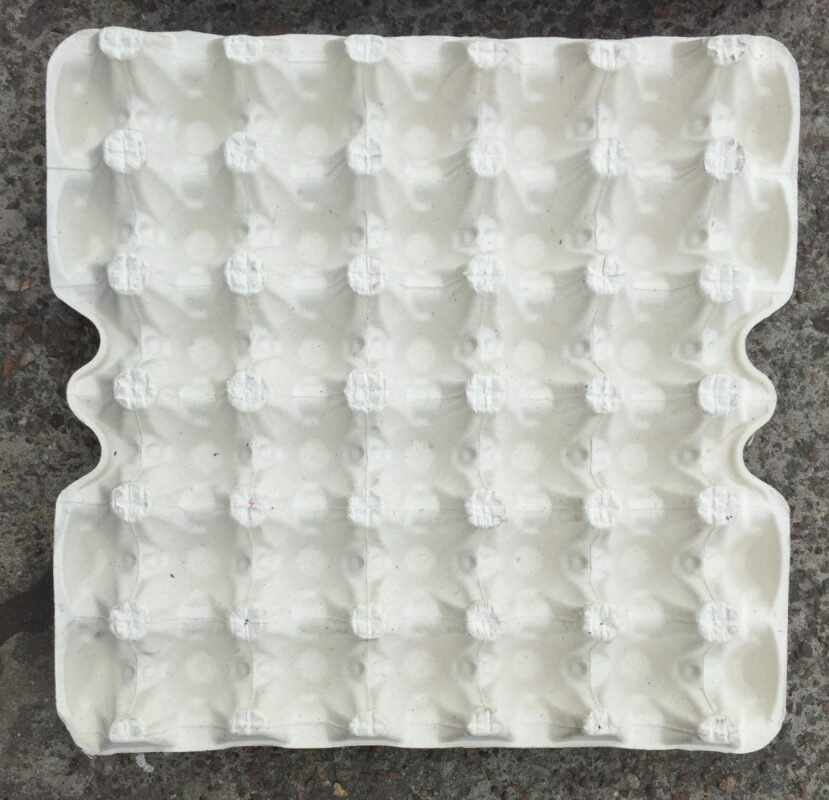Livestock
Commercial Day Old Broilers Ross 308 (Agrited Brand)
₦57,000.00
Earn 57,000 Cashback Points
Rated 4.27 out of 5
AMO Noilers (Commercial Dual-Purpose Day Old Chicks)
₦37,500.00
Earn 37,500 Cashback Points
Rated 4.00 out of 5
AMO Broilers (Commercial Arbor Acres Plus)
₦53,000.00
Earn 53,000 Cashback Points
Rated 4.25 out of 5
Agricultural Equipment
Imported Cutting Machine (Poultry)
₦554,999.99
Rated 0 out of 5
Poultry Processing Line
Rated 0 out of 5
Livestock Teeth Clipper (Manual Teeth Nipper for Piglets)
₦7,499.99
Rated 5.00 out of 5
Precision Seed and Fertilizer Planter
₦149,999.99
Rated 0 out of 5
Livestock Tag Applicator.
₦22,000.00 – ₦30,000.00
Rated 0 out of 5
Imported Meat Cutter (Electric Powered | For Chicken Dressing)
₦688,000.00
Rated 0 out of 5
Apple Shopping Event
Hurry and get discounts on all Apple devices up to 20%
0
days
00
hr
00
min
00
sc
Standardized Weights (For Balance Scales | Various Calibrations | Lock Type)
Rated 0 out of 5
₦20,000.00 – ₦72,965.00
Aquafeed Production, Economics; Health Impact on Fish Management (2020 Edition)
Rated 4.50 out of 5
₦4,200.00 – ₦5,400.00
Crop Production
Dwarf Tenera Oil Palm Sprouted Seeds (Pack of 500)
₦44,999.99
Rated 0 out of 5
Hybrid Supergene Sprouted Seeds (Oil Palm Nuts | Pack of 500)
₦130,000.00 – ₦255,000.00
Rated 5.00 out of 5
Hot Picks
Quality Point-of-Lay Hens (ISA Brown)
₦3,500.00
Rated 5.00 out of 5
Commercial Day Old Broilers Ross 308 (Agrited Brand)
₦57,000.00
Earn 57,000 Cashback Points
Rated 4.27 out of 5
Supergene seedling (Malaysian Dwarf Oilpalm)
₦2,400.00
Rated 0 out of 5
Sunphosate 360SL (Glyphosate Herbicide | 1L)
₦6,500.00 – ₦62,500.00
Rated 0 out of 5

Microsoft Accessories
Personalize your Surface Pro with Microsoft branded accessories. In the presence of many colors for every taste.



Standardized Weights (For Balance Scales | Various Calibrations | Lock Type)
Rated 0 out of 5
₦20,000.00 – ₦72,965.00
0 out of 5
